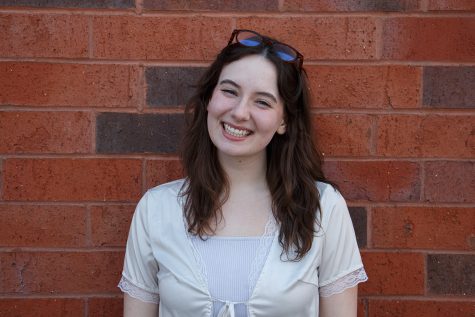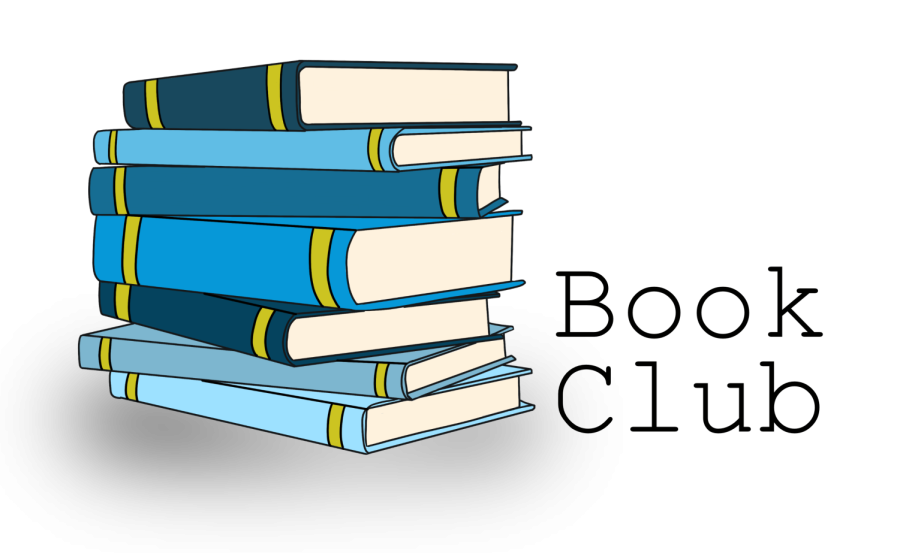Book Club
SJM, WYD? Part three: So what?
Book Club!
Welcome back to the third and — hopefully — the final installment of SJM, WYD? This is the series where we explore the ever-tumultuous, scalding tea that is the controversy surrounding Sarah J Maas and her books.
Here you can find a link to part one and two that precede this finale for context — that is, if you haven’t been following along attentively this whole time.
Today we will be looking at the conversation as a whole and come to a somewhat concluded thought as we finally lay this whole debacle to rest and move on with our lives.
So here goes SJM, WYD? part three.
OK… so what?
The conversation, I’m afraid, is a very scattered one, ranging across social media’s most infamous gang: the Triple T’s, TikTok, Twitter and Tumblr.
One argument — and a popular one, at that — is that as a bookish society, we should stop reading Maas’ works altogether. Stop buying the new releases and merch — you know what, go ahead and burn the ones you already have, they’re not even worth it.
Fine, maybe not that extreme, but the concept of refusing to support and perpetuate the harmful ideals Maas depicts in her writing has grown a lot of support in recent months.
Start any conversation with one of these belief holders and get ready for Maas slander.
Isn’t she a Zionist, though?
I don’t want to dedicate too much time to the question of Is-Sarah-A-Zionist-Or-Not? because, frankly, this one is a little out of pocket, if you can believe that.
The research I’ve conducted — that’s right, I’m researching for this — has shown the argument itself is facetious.
Here are three important points to note about this claim:
- This accusation came shortly after Israel’s bombing of Palestine. Some critiques believe tagging Maas as a zionist was used to add fuel to the already smoldering fire surrounding her reputation.
- There seems to be a lot of confusion and conflicting ideas throughout videos and comment sections surrounding what it means to be “Zionist” in the first place.
- Maas hasn’t openly stated her political position and personal beliefs (beyond her Jewish faith and heritage) to the public.
The claim is speculative. There isn’t much else to say about it.
The “Other” Side
I find myself wanting to say, “On the other side of the political spectrum,” but, I’m not sure that does the complicated structure justice. In reality, this is nearly as, if not more, complicated than the love octagon in “Throne of Glass.”
This “other side” is essentially a watered-down version of the book burners. They agree Maas has some questionable plot devices and is tone-deaf to how she treats her minority characters but, ultimately, they liked the books, still do and will continue to read them.
Everyone mutually agrees Maas’ books are problematic in some way, if not entirely. It’s more a debate as to how we, the fandom, should go about life — how do we identify as YA fantasy fans after this?
My personal opinion
I’d say I lean away from the fiery rage of the book burners and side closer to the “other side-ers.”
As much as it pains me to say it — I’m wincing as I write this — I actually liked “Throne of Glass” and “A Court of Thorns and Roses.” I’ve read all 13 books and know what each acronym stands for; “Kingdom of Ash” is the biggest book I’ve ever read, which is just shy of 1,000 pages.
There’s no going back.
While this whole ordeal has irrefutably fractured the YA fantasy community, some good has come from all this.
As a response to the whitewashing and relatively straight narrative Maas and many other mainstream authors like her tend to push, readers began recommending books written by minority authors.
Suddenly, BookTok was flooded with recommendations written by authors of color that include diverse casts — both in terms of racial and sexual identities, all providing a variety of unique perspectives many had never read from before.
Here is a small glimpse at a few titles that have been introduced as a result of the Maas scandal:
- Legendborn by Tracy Deonn
- The Gilded Ones by Namina Forna
- We Hunt the Flame by Hafsah Faizal
- Children of Blood and Bone by Tomi Adeyemi
- Six of Crows by Leah Bardugo
I loved Maas’ books once and there is a small part of me that always will, but that does not condone the harmful and insensitive ideas she sustains in her pieces.
That being said, I would go through it all again, all 7,454-freaking-pages to eventually be led to the books above, to ones that do perpetuate diversity, inclusivity and healthy relationships, too, that make me proud to be a reader and lover of YA.
Schutte can be reached at [email protected]

Grace Schutte is a fourth-year creative writing and Spanish student. This is her fifth semester on staff, having previously served as a staff writer, Chief Copy Editor, a freelance writer, Currents Editor, and now as the OP/ED Editor. She is currently daydreaming about living softly. She is very content.

